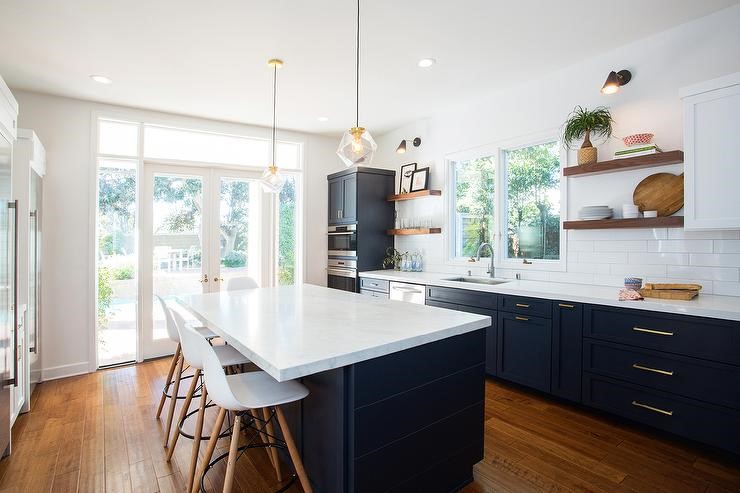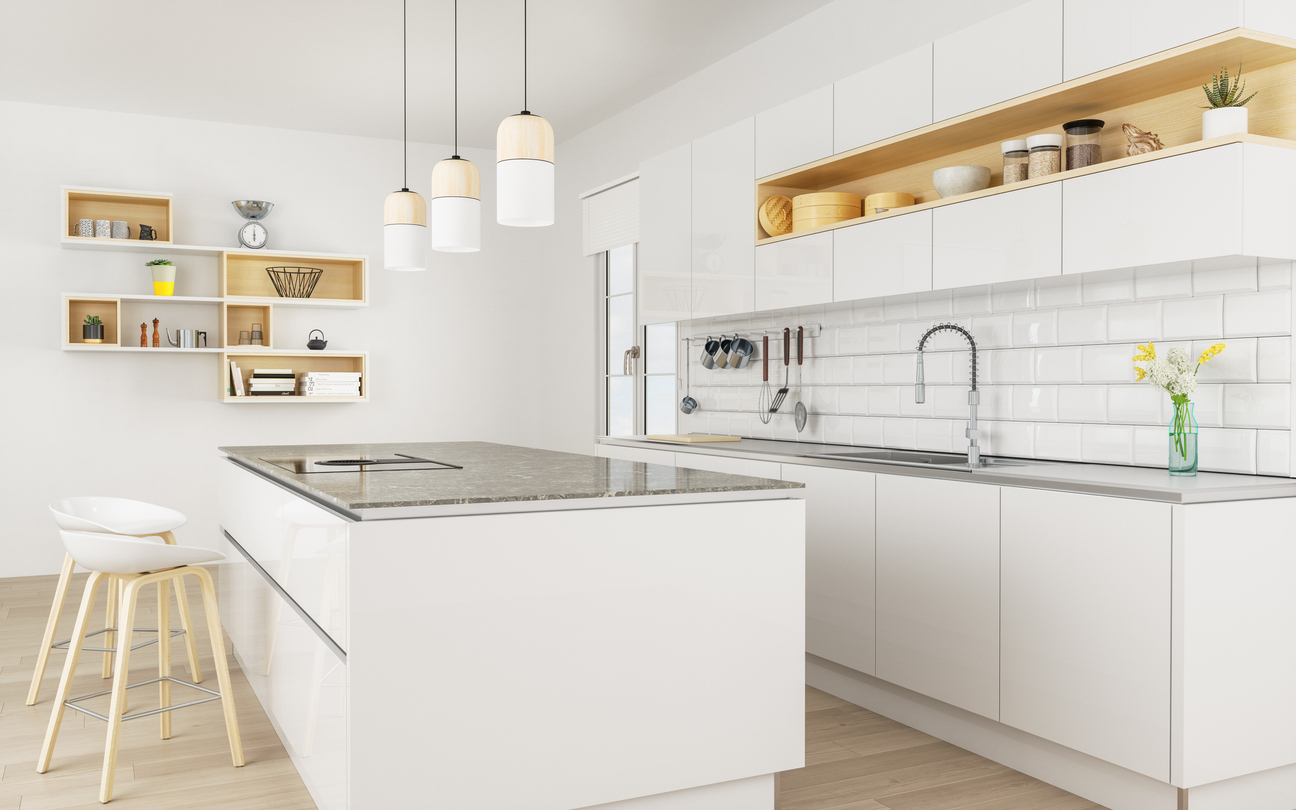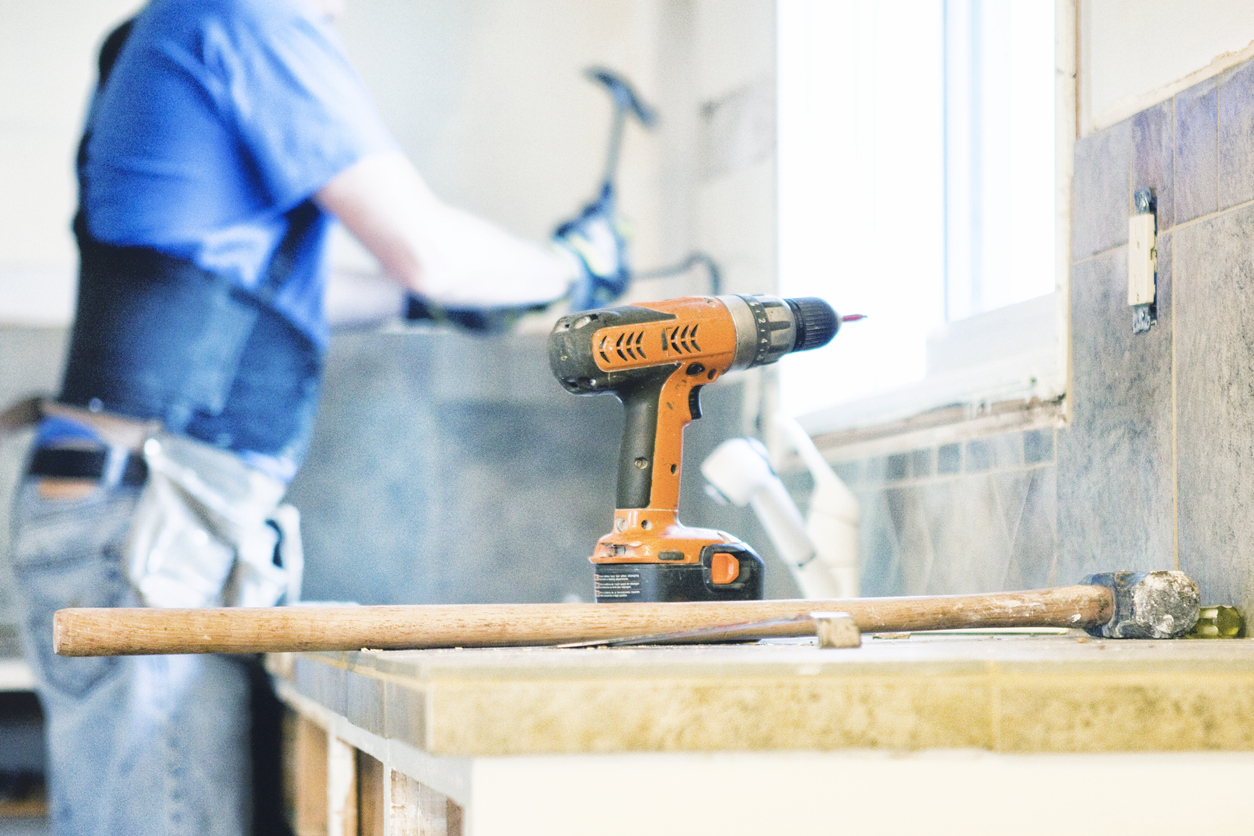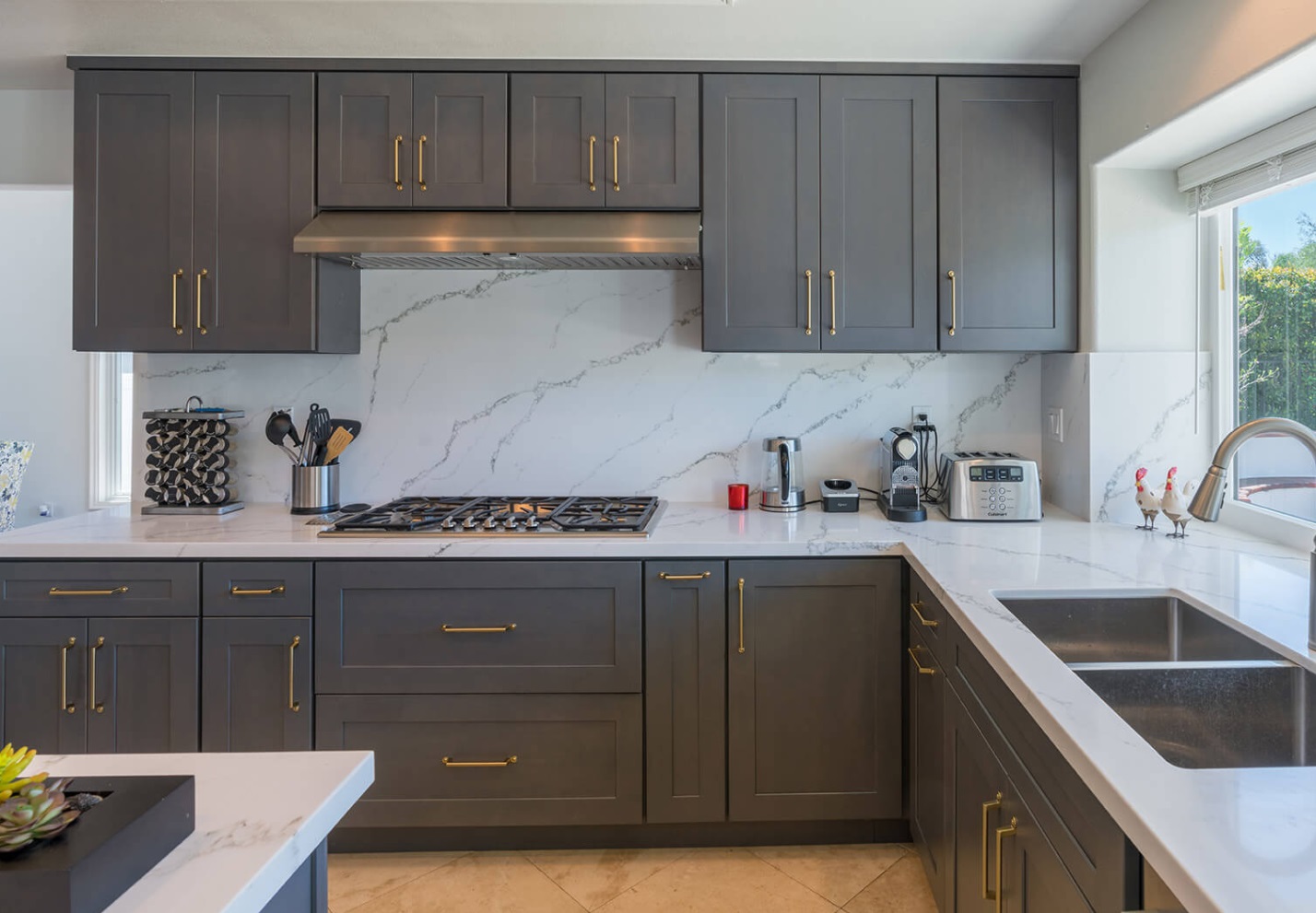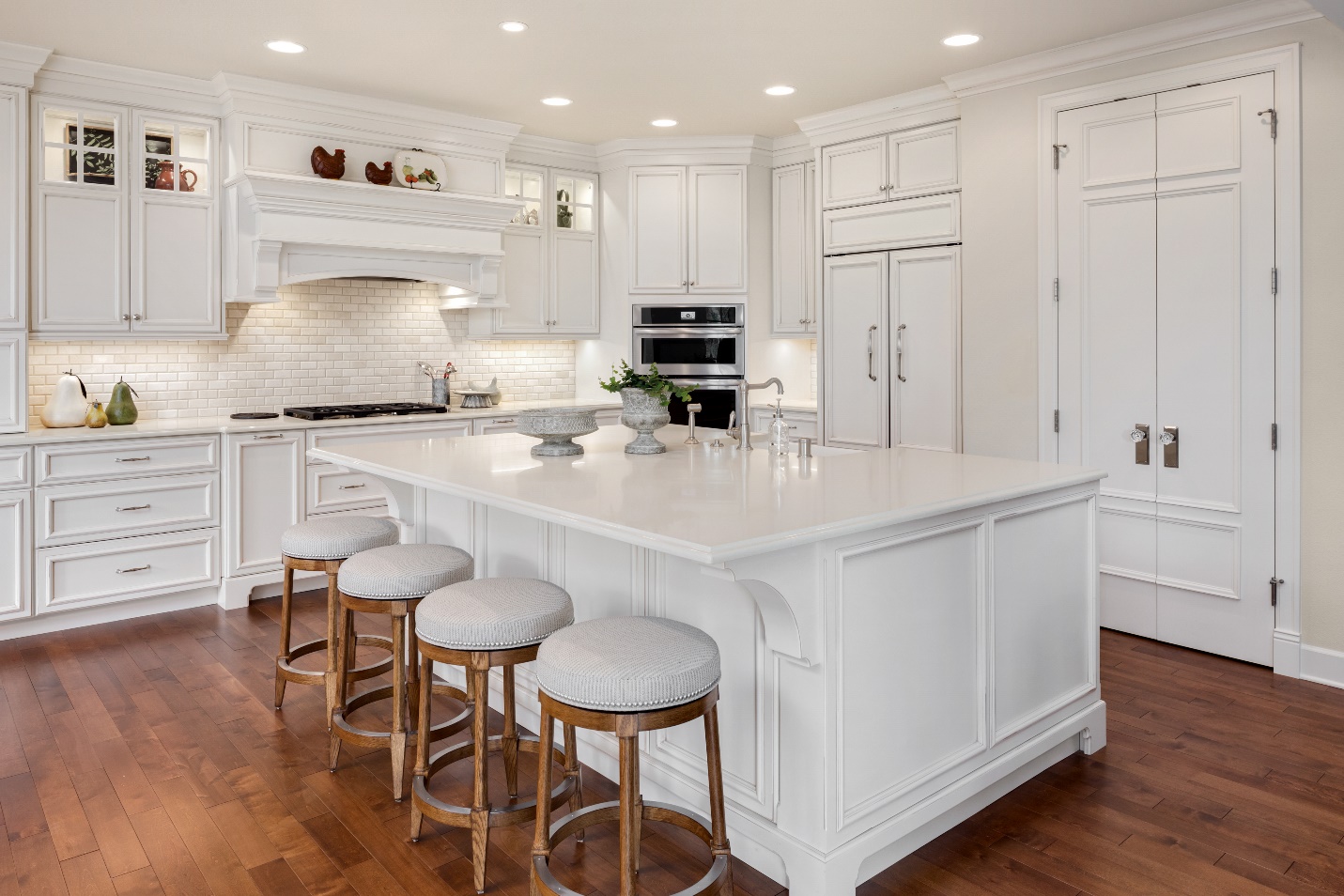The Ultimate Guide to Choosing the Best Flooring for Your Home
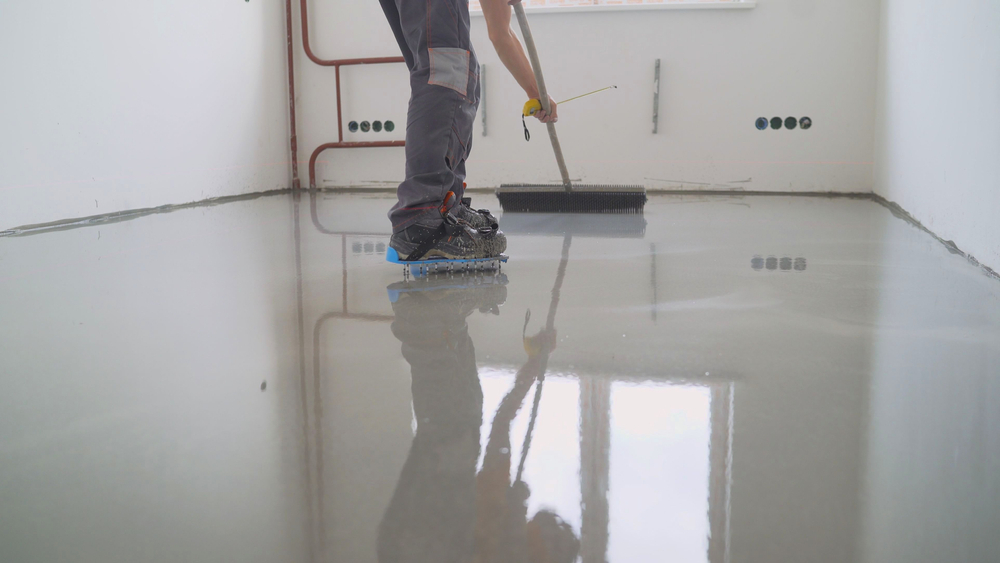
Choosing the right flooring for your home is one of your most important design decisions. After all, flooring sets the tone for the entire look and feel of your space. With so many flooring options on the market today, it can feel overwhelming to decide. This ultimate guide will walk you through everything you need to know to select flooring that fits your lifestyle and design aesthetic.
Content
Global Flooring Market Trends
Before diving into flooring types, it’s helpful to understand the bigger picture of the global flooring industry. According to a report published by Verified Market Research, the global flooring market was valued at $382.33 billion in 2021 and is expected to reach $619.06 billion by 2030. That’s a compound annual growth rate of 5.5% over the next seven years.
Vinyl, luxury vinyl tile (LVT), and wood are some of the fastest-growing segments. As more homeowners renovate and new construction continues, the flooring market will only continue expanding in the coming years.
Types of Flooring to Consider
Now that you understand the market trends, let’s explore your main flooring options:
- Hardwood floors – Hardwood is a classic, durable choice that increases home value. Popular hardwoods include oak, maple, bamboo, and engineered wood. Solid hardwood is more expensive but lasts longer than engineered wood.
- Carpet – Carpet provides warmth and softness underfoot. Look for stain-resistant, low-pile carpet in high-traffic areas. Wall-to-wall installation is easiest but carpet tiles offer more flexibility.
- Tile – Ceramic, porcelain, and natural stone tiles hold up well to moisture. Choose tile for bathrooms, kitchens, and entryways. Grout requires more maintenance than other flooring types.
- Vinyl/LVT – Waterproof vinyl and luxury vinyl tile mimic the look of other materials but at a lower cost. They’re great for basements, bathrooms and kitchens. Many new LVT planks have realistic wood or tile visuals.
- Laminate – Affordable laminate flooring resembles hardwood but is more water-resistant. It’s a good budget-friendly option for most rooms. Floating installation makes for easy DIY projects.
Choosing the Right Flooring Material
When selecting between these common flooring types, consider the following factors:
- Budget – Materials like hardwood, stone, and carpet generally cost more than laminate or vinyl. Get quotes from multiple flooring contractors to find the best value.
- Style – Browse flooring showrooms or websites to see which textures and visuals you prefer. Match the style to your home’s design aesthetic.
- Durability – High-traffic areas require the most durable options like tile, engineered hardwood, or LVT. Softer materials won’t hold up as well over time.
- Maintenance – Some flooring is more stain-resistant but requires more regular care. Consider your cleaning preferences when choosing low or high-maintenance materials.
- Moisture – Bathrooms and kitchens demand waterproof flooring like porcelain tile or vinyl. Carpet isn’t suitable for wet areas.
- Noise – Carpet, laminate, and engineered hardwood muffle sound better than tile or hardwood. Consider noise transfer between floors.
Choosing the Right Flooring Contractor

Once you’ve selected your ideal flooring material, it’s time to hire a professional flooring contractor or floor installation company. Get recommendations from friends, check reviews online, and ask for examples of previous work. When comparing bids, pay attention to:
- Experience level – An experienced flooring pro will have expertise in accurate measurements and efficient installations.
- Warranty – Reputable contractors offer multi-year warranties on labor and materials. Make sure any warranties are clearly outlined.
- References – Ask for and call references from past residential and commercial clients. Positive reviews are a good sign.
- Permits – Legitimate contractors pull necessary building permits for your project. Avoid unlicensed workers.
- Insurance – The contractor should carry general liability and workers’ compensation insurance in case of accidents.
- Estimates – Get estimates in writing, and don’t hesitate to negotiate if estimates vary widely.
With the right flooring material for your lifestyle and budget and a skilled flooring contractor, you can transform your home’s design and increase its value. Proper floor installation is critical, so be sure to hire licensed professionals for the job.

I am Scott Miller and my love is writing about home improvement. I write mostly about home ideas, but also share some tips and tricks that can make your life easier when it comes to getting things done in the house.

